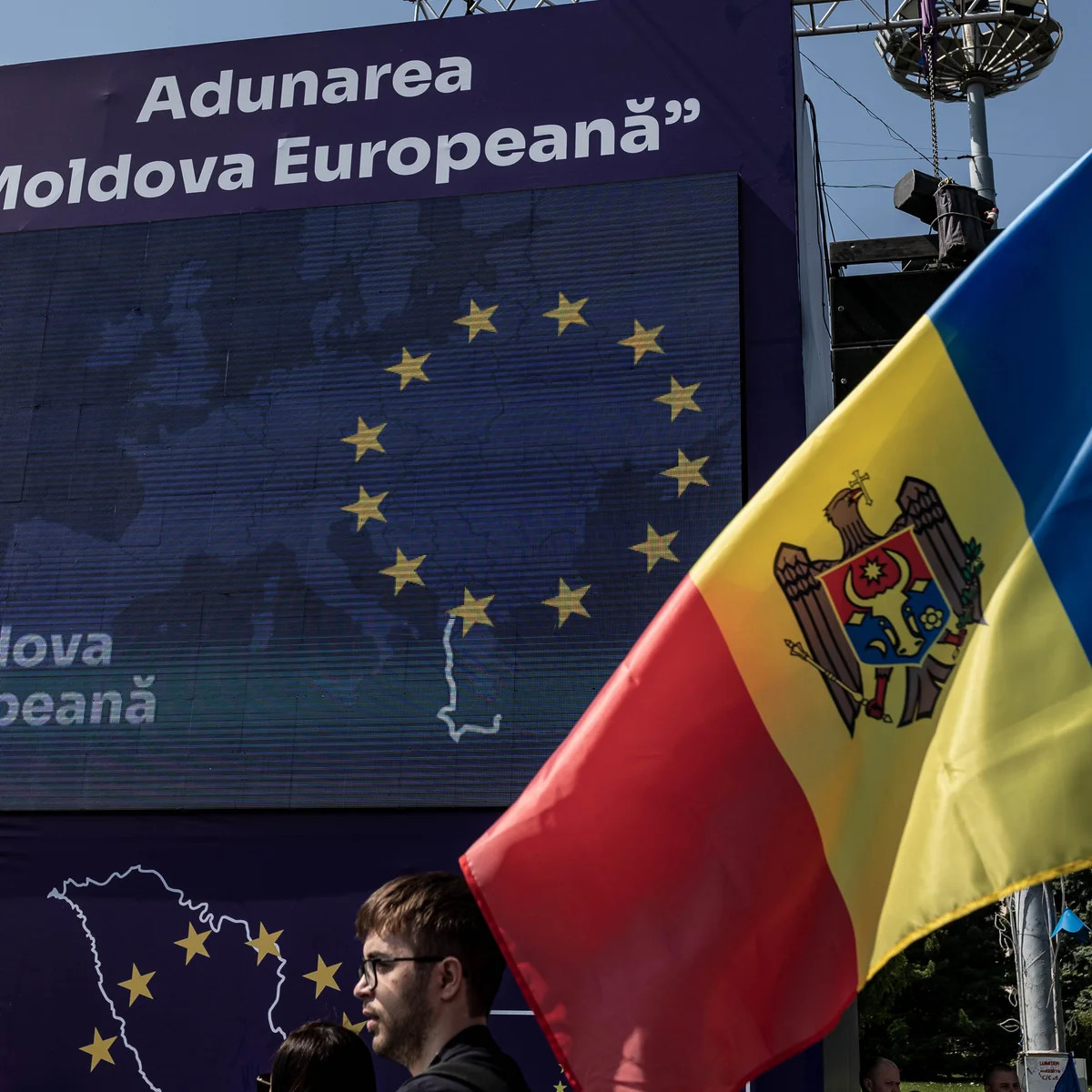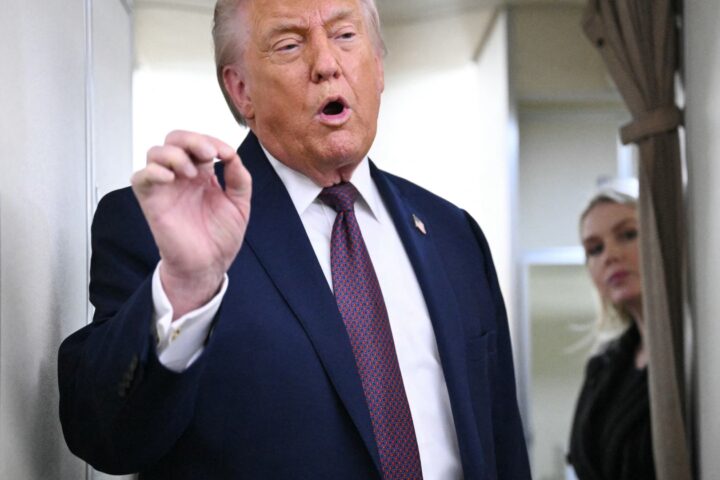As Moldova advances on its path toward European integration, the country is facing intensified disinformation campaigns designed to erode public trust and weaken pro-EU sentiment. Russian and pro-Russian networks are spreading false claims of “poverty,” “loss of identity” and “dictates from Brussels,” aiming to demobilize pro-European voters and discourage participation in critical elections.
Focus on vulnerable groups
These campaigns target Russian-speaking minorities, rural communities, pensioners, socially vulnerable groups, conservatives, and citizens disillusioned with the ruling Party of Action and Solidarity (PAS) and President Maia Sandu. Propaganda exploits widespread concerns about low wages, rising tariffs, expensive medicine and distrust in institutions. Messaging consistently links these grievances to European integration, framing it as a path to “poverty and war.”
Exploiting fears of transition
The Kremlin’s playbook relies on amplifying frustrations during the transition phase. False narratives are directed at the urban middle class, youth and diaspora—groups generally leaning toward the EU. Claims of “price hikes,” “loss of resources,” and “economic collapse” are presented as inevitable outcomes of EU accession, despite evidence to the contrary. Examples from Central and Eastern Europe show the opposite: Romania doubled foreign direct investment since 2007, Poland became a leading agricultural exporter, and Bulgaria emerged as an energy hub. Between 2023 and 2024, Moldova itself received over €400 million in EU support for infrastructure, energy and social programs.
Farming, culture and security narratives
Among the most persistent disinformation claims is that “farmers will lose their land in the EU,” pushed through Telegram channels, fake news and influencers. In reality, integration provides subsidies, modernization and market access. Similar tactics are applied to cultural and moral issues, spreading fears of “erased traditions” and “religion under threat.” The European Union, however, funds cultural and educational projects to preserve national identity and diversity. Another recurring theme is the “NATO occupation” myth, suggesting foreign troops will appear on Moldovan streets. No EU member has lost sovereignty, and any military presence depends solely on bilateral agreements.
Coordination and financing
These information operations are run by Kremlin-controlled structures, including the ANO “Dialog” network linked to Sergei Kiriyenko, the presidential directorate for border cooperation under Dmitry Kozak, the Eurasia Foundation tied to Ilan Shor, and the “Institute of the Russian Diaspora” led by Sergei Panteleev. Financing flows through banks such as Promsvyazbank, Agroprombank and Eximbank in Transnistria, controlled by the “Sheriff” holding. Beneficiaries include the “Pobeda” bloc affiliated with Shor, the Socialist Party led by Igor Dodon, and structures connected to Evghenia Guțul in Gagauzia. Payments range from €10 for protest participants to €2,000 for influencers, with cash, cryptocurrency and Russian bank cards widely used.
Media ecosystem and political coordination
The campaign relies heavily on Telegram, TikTok, YouTube, Facebook and pro-Russian media from Transnistria. Propaganda slogans include “the EU means poverty,” “Sandu betrayed the church,” “Moldova is a Western colony,” and “No NATO base.” Russia is positioned as “a guarantor of peace” and “a strategic partner.” Tactical coordination is also evident among opposition parties of different ideologies, united under the banner “against Sandu.” This ensures protest votes are not divided but channeled into a cohesive anti-government narrative.
Strategic implications for Moldova
The ultimate goal of these narratives is not persuasion but demobilization—ensuring that pro-EU citizens lose faith and abstain from voting, while pro-Russian supporters remain active and disciplined. Similar tactics were deployed in Ukraine in 2019, Georgia in 2021 and Moldova during the 2024 referendum. Analysts warn that countering this challenge requires systemic strategies, not ad-hoc reactions. Moldova’s future direction—toward Europe or back into Moscow’s sphere of influence—may depend on whether the electorate resists these disinformation tactics or succumbs to political fatigue. A comprehensive overview of such disinformation operations was detailed by Foreign Policy Research Institute.















